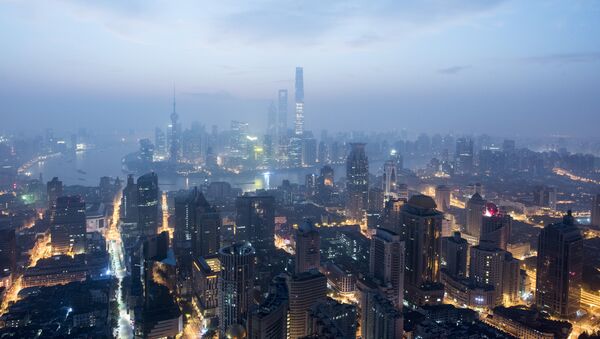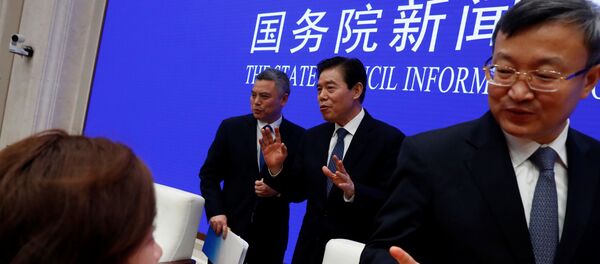The Shanghai Stock Exchange's Science and Technology Innovation (STAR) Market has become the world's second-largest platform in terms of initial public offerings (IPOs) after receiving record investment, reports revealed on Wednesday
The trading board is second after the US NASDAQ but has surpassed Hong Kong Stock Exchange (HKEX), figures show.
But New York-based NASDAQ raised $18bn via 60 deals and the HKEX earned $13.8bn via 67 firms, data revealed.
The board focuses on numerous emerging technologies such as artificial intelligence (AI), biotech, renewable energy, cloud computing and others, as well as lowers restrictions to China's investment market for tech startups.
According to the SSE website, 25 initial companies were listed on the SSE STAR Market on 22 July last year after an official launch.
The report comes as massive investment on the board has boosted the Shanghai Composite Index 13 percent in July, with foreign capital began flooding its Stock Connect programme linking the mainland and Hong Kong indexes. Falling interest rates caused by central bank monetary easing in the United States and Europe fuelled investments, the report said.
“The recent rally in China’s stock market lifted investors’ sentiment, while the Star Market also drew some listings away from the main board. The listing requirements are much looser, and the process is also quicker," Atta Capital portfolio manager Alan Li said as quoted by the SCMP.
Further companies showing secondary listing interest on the STAR board include CSPC Pharmaceutical Group and Geely Automobile Holdings, the report added.
The tech firm began mass producing chips for Huawei smartphones amid the Trump administration's restrictions on access to US semiconductor technologies, prompting Taiwan Semiconductor Manufacturing Corp to halt shipments to the Chinese tech giant after the sanctions enter force in September.
The IPO follows a State Council pledge of $1.4tn to boost the mainland's domestic technologies, including AI, 5G and 6G, green energy, infrastructure and others to tackle the ongoing COVID-19 pandemic and US trade war with Beijing.




